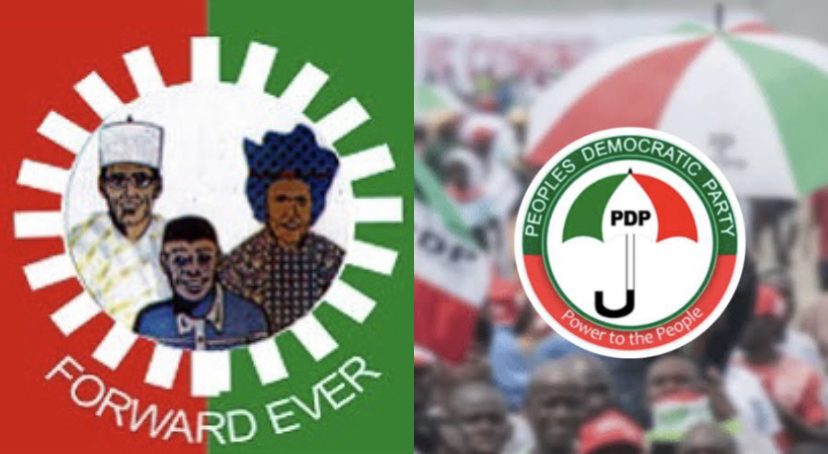Nigerians are facing increased fuel costs as a result of the ongoing dispute between Dangote Refinery and the Petroleum and Natural Gas Senior Staff Association of Nigeria (PENGASSAN). A closed-door meeting between the Federal Government, Dangote Refinery, and PENGASSAN on Monday ended in a deadlock, according to PENGASSAN President Festus Osifo.
The meeting, chaired by the Federal Government, aimed! to resolve the issues between the parties, but no agreement was reached. Osifo confirmed to Media Talk Africa that the meeting ended in a “deadlock.” The feud between Dangote Refinery and PENGASSAN began over the mass sack of Nigerian workers, with PENGASSAN calling for a nationwide strike.
As a result of the strike, fuel prices have increased in parts of Abuja, with some filling stations adjusting their prices to N910, N920, and N910 per liter, up from N890, N910, and N890 per liter. The Independent Petroleum Marketers Association of Nigeria (IPMAN) president, Abubakar Maigandi, attributed the price hike to the anxiety created by the dispute between Dangote Refinery and PENGASSAN.
PENGASSAN has insisted that its strike will continue until its demands are met, including the recall of workers unjustly sacked for belonging to the union. The union has also grounded activities in Nigerian National Petroleum Company Limited, Nigerian Upstream Petroleum Regulatory Commission, and Nigeria Midstream and Downstream Petroleum Regulatory Authority offices in Abuja.
Dangote Refinery has secured a court judgment restraining PENGASSAN from striking, but the union claims it is unaware of any court action and will continue its industrial action. The Federal Government has intervened in the dispute, with the Minister of Labour and Employment, Muhammad Dingyadi, stating that the feud needs to be resolved for the good of Nigerians, the union, and the employers.
The Nigerian Union of Labour Congress has joined PENGASSAN in the nationwide strike, while the Trade Union of Nigeria also joined on Sunday. The dispute has significant implications for the country’s oil sector and Nigerians, who are directly affected by the fuel price increases. The Federal Government’s intervention and next steps in resolving the dispute are eagerly awaited.



